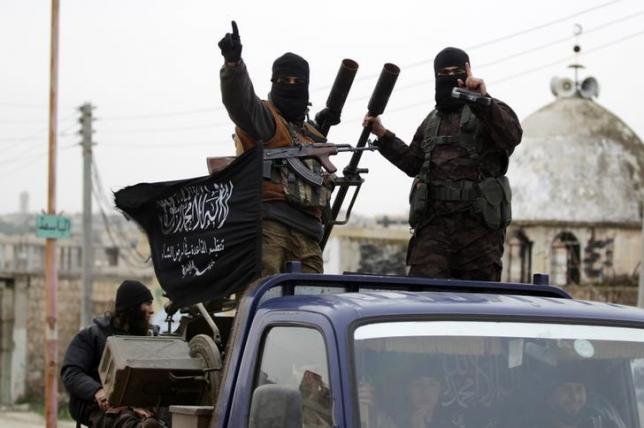An elaborate attack by an Al Qaeda-linked group in Mali’s capital earlier this week has left around 70 people dead, according to diplomatic and security sources, though the government has not provided official casualty figures. The attack targeted both an elite police academy and the airport on Tuesday, showcasing the militants’ capacity to strike at key locations in Bamako amid the ongoing insurgency in the region.
Two diplomats, including one based in the capital, Bamako, estimated the death toll to be in the 70s. However, a third diplomat suggested the number of casualties—both dead and wounded—could be in the hundreds, with hospitals overwhelmed and running out of capacity to treat the injured.
The assault, claimed by the Al Qaeda affiliate Jama’a Nusrat ul-Islam wa al-Muslimin (JNIM), further challenges the ruling military junta’s assertion that security has improved since Mali severed ties with French and US forces, opting instead to collaborate with Russia for military assistance.
This insurgency, which started over a decade ago in northern Mali, has since spread across the Sahel region, resulting in thousands of deaths and millions of displaced persons. Some factions in the conflict are aligned with either Al Qaeda or the Islamic State.
Last month, an Al Qaeda affiliate claimed responsibility for killing 50 Russian Wagner mercenaries and 10 Malian soldiers in an ambush near Mali’s northern Kidal region, close to the Algerian border. This incident marked one of the heaviest losses for the Wagner Group since their involvement in Mali began two years ago. The Wagner Group later confirmed their commander, Sergei Shevchenko, was among those killed.
Mali, which experienced military coups in 2020 and 2021, has repeatedly claimed that Russian personnel present in the country are not Wagner mercenaries but trainers assisting local forces with Russian-supplied equipment. Nevertheless, the attacks underscore the intensifying violence in Mali and the broader Sahel region, where Islamist groups have been waging insurgencies since 2012.



